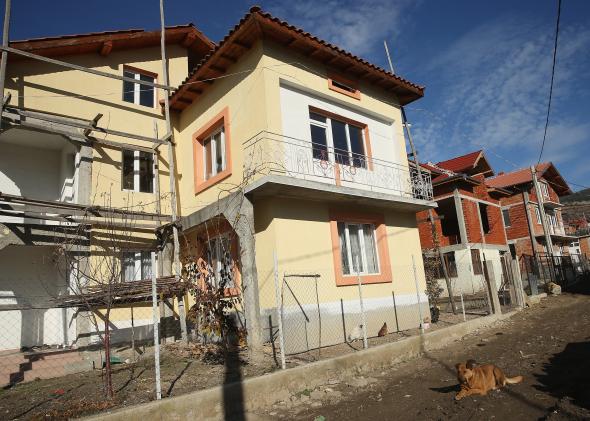Once upon a time in the Large Coastal Metropolis it was customary for twentysomething recent college graduates to live with one or more housemates. A housemate was often a great friend. An instant social circle when you were new in town. Someone to watch the big game with. Someone to have a beer with after work. Someone to collaborate with on a cooking project or a house party. But a housemate could also be an annoyance. Someone who drank your last Diet Coke. Someone who filled the DVR with Felicity reruns. Someone whose dog’s hair gets all over everything.
Most of all, housemates had become customary in the Metropolis because of economics. Rents were high in the Metropolis, but a three bedroom went for less than three times what you’d pay for a one bedroom. What’s more, housemates can split the cable, broadband, and electricity bills. They can share a Netflix account. They share kitchen equipment. It’s economical.
But despite the institution of housematery, disposable income after rent and utilities is actually quite low in the Metropolis. People are unhappy about it. Then along comes an eccentric mayor who’s filled his head with the gospel according to Yglesias and Avent, and the housing supply is massively deregulated.
Up up up the high-rises climb and as construction booms rents per square foot start to fall. The city becomes a cheaper, better place to live with more economically empowered renters. But a funny thing happens. Despite the increase in housing affordability, disposable income after rent and utilities is actually lower than it was before. What happened, basically, is that people who used to spend $X for a room in a three bedroom unit now spend a little bit more than $X for a one bedroom all to themselves. And instead of splitting utilities, they have to each pay their own bills. So disposable income has gone down a bit and everyone needs their own pots and pans to boot.
In response you get a school of moralists saying that the declining economic well-being in the Metropolis is a symptom of social decay. People have abandoned the righteous path of housemating in favor of a decadent and anti-social lifestyle and are essentially paying the price. They note that people who do continue to split housing with either a platonic or a romantic partner are actually enjoying disposable incomes that are higher than ever. What we need to do in order to improve living standards is to preach the old faith, so that people return to the norms that once served us all so well.
